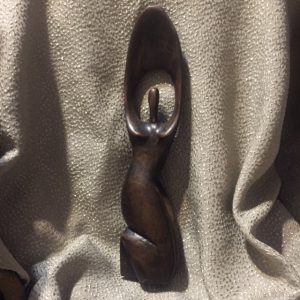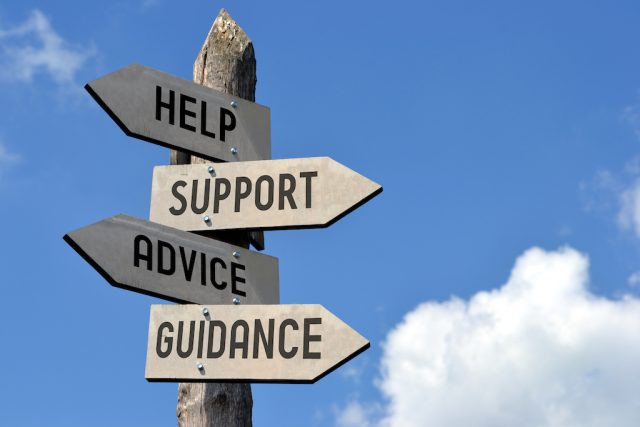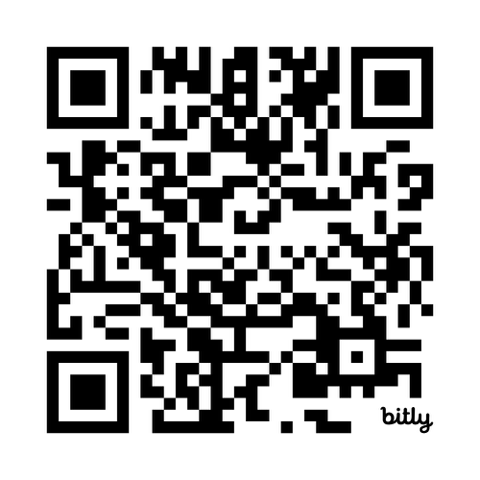10+ Body Signs Scream for a U-Haul! Part2
- 16
- Dec
As promised, today’s post will address the nervous system.
Johns Hopkins University, tied for #3 among the best medical schools in the U.S., says that in addition to the brain and spinal cord, principal organs of the nervous system include:
- Eyes
- Ears
- Sensory organs of taste
- Sensory organs of smell
- Sensory receptors located in the skin, joints, muscles, and other parts of the body
Some disorders of the nervous system that can damage it are:
- Trauma
- Infections
- Degeneration
- Structural defects
- Tumors
- Blood flow disruption
- Autoimmune disorders
SCREAMING SIGNS and symptoms of nervous system disorders
Nervous system disorders may involve various symptoms and disease outcomes* that impact or are impacted by the circulatory and respiratory systems. The following are the most common general signs and symptoms (each individual may experience symptoms differently):
- Persistent or sudden onset of a headache
- A headache that changes or is different
- Loss of feeling or tingling
- Weakness or loss of muscle strength
- Sudden loss of sight or double vision
- Memory loss
- Impaired mental ability
- Lack of coordination
- Muscle rigidity
- Tremors and seizures
- Back pain which radiates to the feet, toes, or other parts of the body
- Muscle wasting and slurred speech
N.B. The symptoms of a nervous system disorder may resemble other medical conditions or problems. Always consult your healthcare provider for a diagnosis.
Healthcare providers who treat nervous system disorders
Neurology. The branch of medicine that manages nervous system disorders is called neurology. The medical healthcare providers who treat nervous system disorders are called neurologists.
Neurological surgery. The branch of medicine that provides surgical intervention for nervous system disorders is called neurosurgery, or neurological surgery. Surgeons who operate as a treatment team for nervous system disorders are called neurological surgeons or neurosurgeons.
Rehabilitation for neurological disorders. The branch of medicine that provides rehabilitative care for patients with nervous system disorders is called physical medicine and rehabilitation. Healthcare providers who work with patients in the rehabilitation process are called physiatrists.
Difference between Medical Healthcare Providers and The HealMobile
The HealMobile is dedicated to improving lives, and mainly uses the energetic tools of pure and uncut essential oils, meridian tapping based on Traditional Chinese Medicine, and spiritual healing energy techniques such as Reiki.
Although we applaud your efforts to be responsible for keeping your health above the line and pursuing holistic health and complementary medicine alternatives, our services and information are not substitutes for medical or psychological diagnosis or prescription.
As a minister-practitioner and leader of the HealMobile team, my purpose is to relieve suffering, grief and sorrow. Relief of these states may be spiritual in nature, and yet the physical manifestation had you seek out my services or get a referral to a member of my team. You may even get long-sought physical relief as a result of making this choice.
However, in this context, please know that I cannot recommend treatment, caring for or cure of your previously known illness or medically diagnosed disease. I serve you best by reminding you to see a doctor or mental health professional for long-standing conditions that concern you.
I am always interested in working closely with professionals who have an interested in holistic approaches to maintaining good health and Complementary and Alternative Medicine (CAM).
My Open Letter to Health Leaders invites them to work with me to help us all be more effective in serving you.
In the meantime, on your next visit concerning your long-standing challenge, you can share your interest in self-care techniques mentioned on this website. You can also ask if your provider would like more information about them, and refer them to me by sharing my number or this website.
In this way, we can address the congested healthcare system and help progressive professionals who want to combine their modern training with effective –and often modernized– ancient methods. Working together would benefit us all.
–Rev. Niamo Nancy Muid
*Disease outcomes that may have nervous system origins and include circulatory and respiratory system interactions:
- Vascular disorders, such as stroke, transient ischemic attack (TIA), subarachnoid hemorrhage, subdural hemorrhage and hematoma, and extradural hemorrhage
- Infections, such as meningitis, encephalitis, polio, and epidural abscess
- Structural disorders, such as brain or spinal cord injury, Bell’s palsy, cervical spondylosis, carpal tunnel syndrome, brain or spinal cord tumors, peripheral neuropathy, and Guillain-Barré syndrome
- Functional disorders, such as headache, epilepsy, dizziness, and neuralgia
- Degeneration, such as Parkinson disease, multiple sclerosis, amyotrophic lateral sclerosis (ALS), Huntington chorea, and Alzheimer disease
All nervous system information from Johns Hopkins University School of Medicine website.






